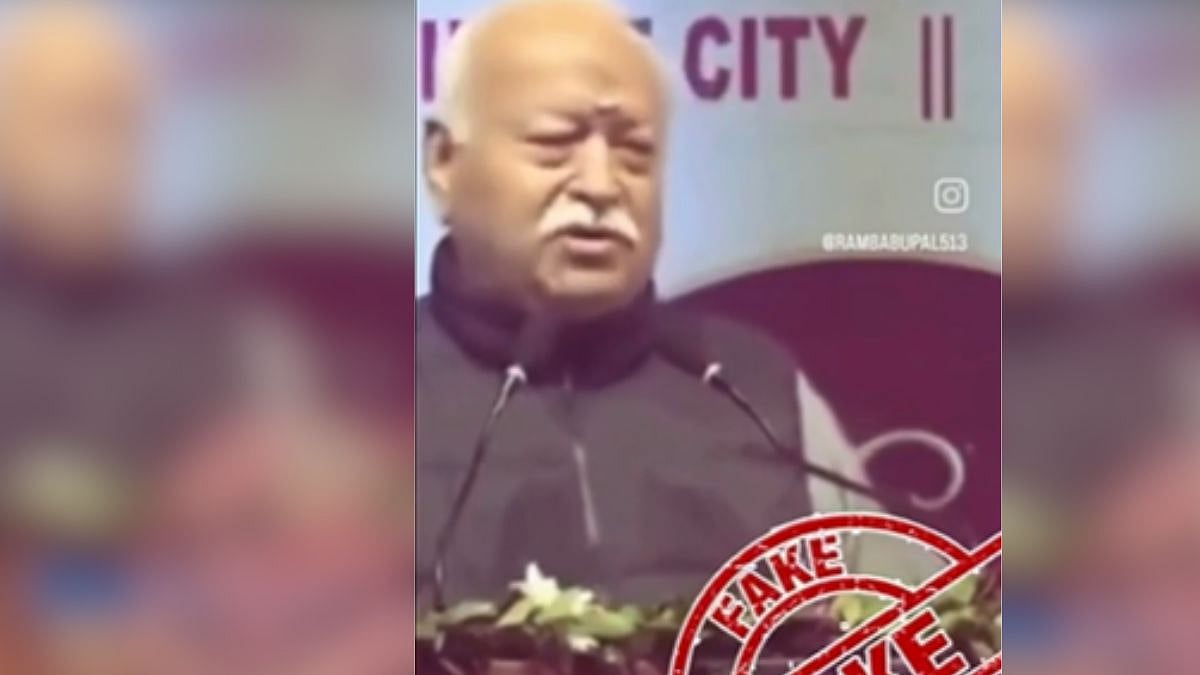Everyone knows how Mohandas Gandhi came to be known as Mahatma Gandhi and then the Father of India.
Hailing from Gujarat, Gandhi travelled to London to study law. He came back to India and failed in his law practice, thus shifted to South Africa chasing another opportunity in law. Gandhi spent nearly two decades in South Africa, he started his activism in a foreign land and finally arrived in India when the freedom struggle was in its initial phase, and the rest is history.
Gandhi’s contribution to the Indian freedom struggle is applauded across the globe, his remarkable non-violent approach to take down the Britishers is referenced and drawn inspiration from even today to protest against oppressing systems.
We’ve learned about Gandhi as the Mahatma -the Father of our nation- and not as a human who had flaws. A few years earlier, an appeal to remove the Gandhi statue from a university in Ghana, Africa initiated a debate on Gandhi and racism.
Academicians from the Ghana university started an online campaign to highlight Gandhi's racist remarks for the black and native community in South Africa during his time there. The book ‘The South African Gandhi: Stretcher-Bearer of Empire’ published in 2015 added to the doubts of the masses and reaffirmed the scholars' belief that Gandhi was racist.
The book was described as controversial and a shocking revelation on the great Mahatma’s life by a bunch of newspapers, however, experts claimed that Gandhi was never secretive about his stand about blacks and natives in South Africa. Rajmohan Gandhi, Mahatma’s grandson referred to the alleged revelations as facts Gandhi himself spoke about in his writings.
Gandhi did not refrain from talking about his ideologies and beliefs, and he didn’t hide his racism as well. Excerpts from his writing are very transparent on how he was prejudiced against the communities and thought they were below Indians.
In 1893, addressing the Natal parliament, he wrote, "general belief seems to prevail in the Colony that the Indians are a little better, if at all, than savages or the Natives of Africa".
Gandhi often used the slurs ‘Kaffir’ and ‘Savage’ to address the natives and blacks.
In another instance, while Gandhi was put in prison in South Africa due to protests he led, he was more upset about being put in the same prison cell as the blacks than being arrested in the first place.
Gandhi had a different perspective in India. His work for freeing India from its colonizers included to also free India from its social ills like casteism and sati. He outspokenly spoke about the injustices against Dalits, women and other social evils prevalent during those times.
In 1893, addressing the Natal parliament, he wrote, "general belief seems to prevail in the Colony that the Indians are a little better, if at all, than savages or the Natives of Africa".
Gandhi often used the slurs ‘Kaffir’ and ‘Savage’ to address the natives and blacks.
In another instance, while Gandhi was put in prison in South Africa due to protests he led, he was more upset about being put in the same prison cell as the blacks than being arrested in the first place.
Gandhi had a different perspective in India. His work for freeing India from its colonizers included to also free India from its social ills like casteism and sati. He outspokenly spoke about the injustices against Dalits, women and other social evils prevalent during those times.
Rajmohan, for a paper, admitted his grandfather and the nation’s father’s flaws and instead said he was still progressive than other leaders for his time.
After half a century since Gandhi’s death, his racist remarks still stir up controversy. It only further proves that even as we’ve progressed and moved ahead of our sour memory of Britishers, we still cannot accept that Gandhi was a flawed human like every other human to set foot on Earth.
Looking back, there’s no expectation from us as Indians to validate Gandhi’s flaws, but it makes more sense to accept it and acknowledge the response from the victims of Gandhi’s racism. It won’t stain the image of Gandhi in our history, instead learning from it will place us one step ahead in our battle against racism.





